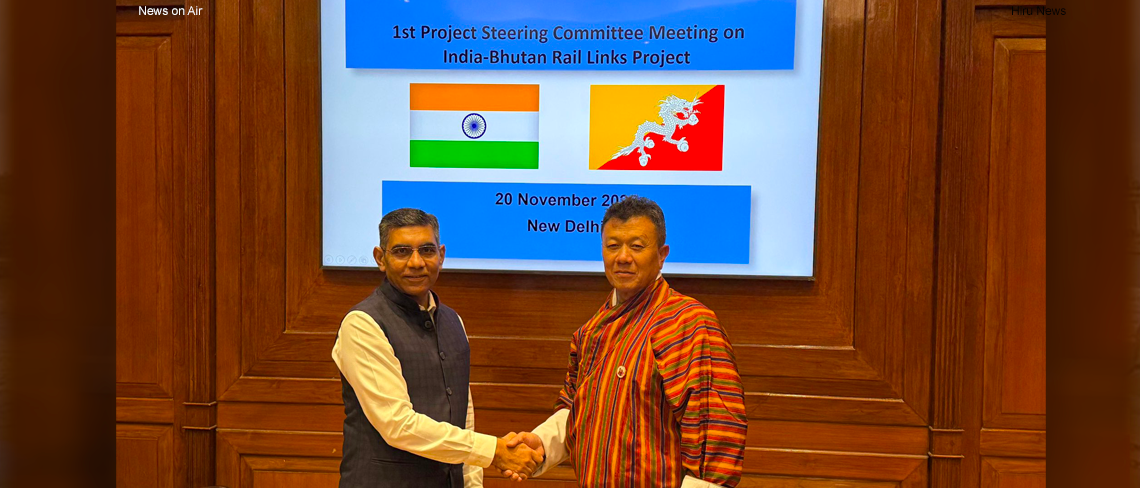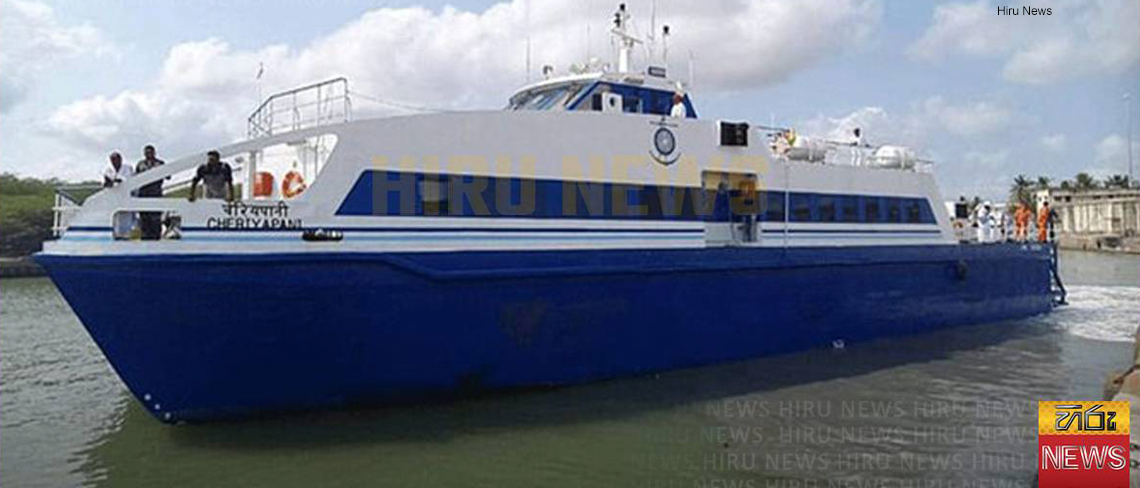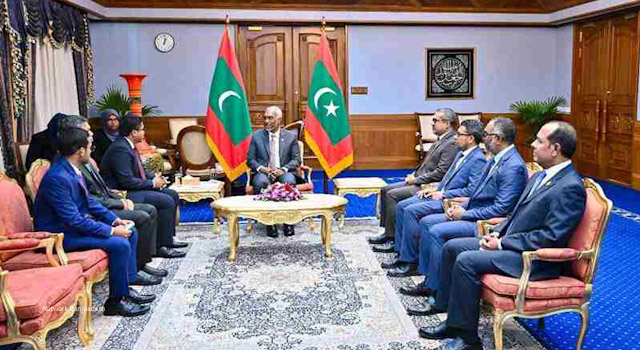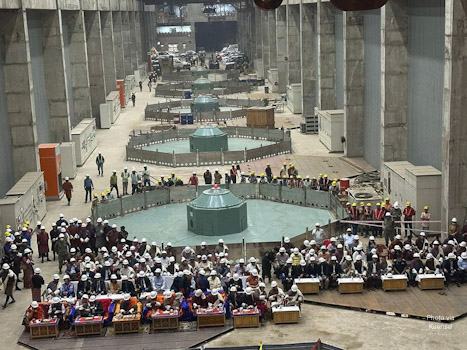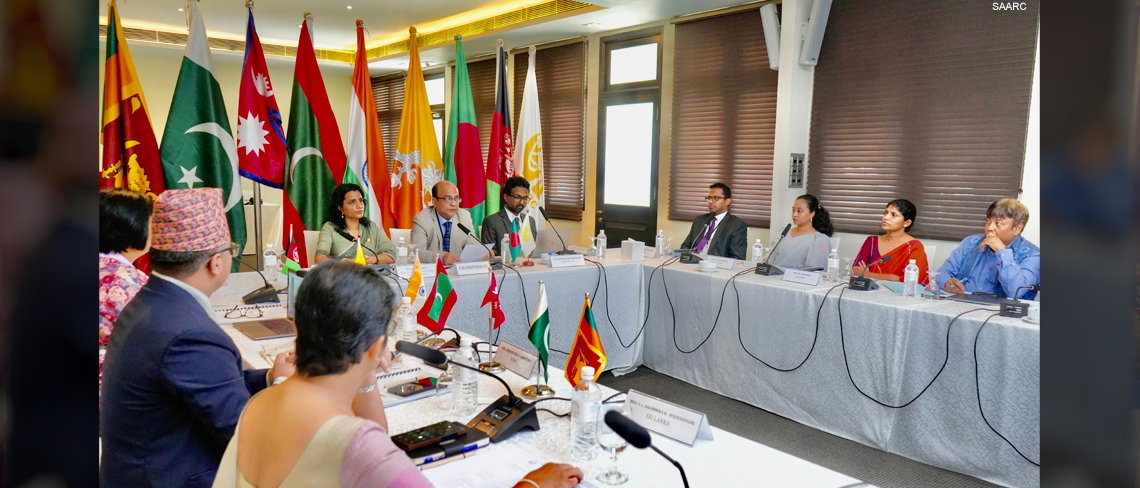
Report Highlights How Cross-Border Electricity Trade Will Benefit India and Nepal
19 January 2017

The Integrated Research and Action for Development (IRADE) initiative, under the South Asia Regional Initiative for Energy Integration Program supported by the United States Agency for International Development, launched the analytical study “Economic Benefits from Nepal-India Electricity Trade,” as an initial step into examining the impact of cross-border electricity trade in the South Asian region.
Mr. Michael Gonzales, Chargé d'Affaires, Embassy of the United States of America in Nepal, Dr. Swarnim Wagle, Member, Nepal National Planning Commission, and Smt. Mala Narendra, Second Secretary, Embassy of India in Nepal, Nepal headed the launch.
The report confirms that a large economically feasible electricity export potential exists, and highlights that facilitating cross-border trade of electricity between Nepal and India will benefit both countries. Under the accelerated power trade (APT) scenario, earnings in electricity trade revenue could bring the hydropower-rich country $404 million (NPR 44 billion) in 2025, $2.8 billion in 2030 (NPR 310 billion), and $9.8 billion (NPR 1,069 billion) in 2045—potentially bringing Nepal's gross domestic product to over $120 billion (NPR 13,100 billion) in 2045. These substantial economic gains would boost Nepal's economy and improve the well-being of its people.
Accelerated power trade will also increase Nepal's per capita electricity consumption, from the current 139 kWh/year to 1,500 kWh/year by 2045, driving up the country's UN Human Development Index—a measure of social well-being— bringing in greater industrialization, increased income, higher employment, and technological modernization.
India's gains from cross-border trade centers on lower electricity system cost—hydropower imports from Nepal will allow India to forgo some investment needed to meet its capacity demand. Furthermore, hydropower, which can complement India's solar and wind power generation, offers India an affordable and convenient renewable resource to meet its evening peak demand.
The study urges putting in place necessary policy, institutional, and technical infrastructure needed to materialize Nepal-India electricity trade, to allow both countries to reap the benefits. With the endorsement of the South Asian Association for Regional Cooperation Framework Agreement for Energy by the Nepal Parliament and 'Guidelines on Cross-Border Electricity Trade' issued by the Indian Government, more work at intra- and inter-country level should be undertaken.
Smt. Narendra called the findings a 'win-win' opportunity for both India and Nepal, and re-affirmed India's commitment to cross-border electricity trade. Dr. Wagle thanked IRADE for the report, which could help Nepal as it expands its transmission capacity, and noted that the South Asian region stands to reap benefits from the power trade.
Related Links:
- Report: Economic Benefits from Nepal-India Electricity Trade
- News Release: Power Trade with India to Boost Nepal’s Economic Growth, Finds USAID Report
- Launch of Report On “Economic Benefits of Nepal-India Electricity Trade”
- Nepal's GDP will grow significantly through power trade: Report
- ‘Nepal needs to promptly tap its hydro potential’




